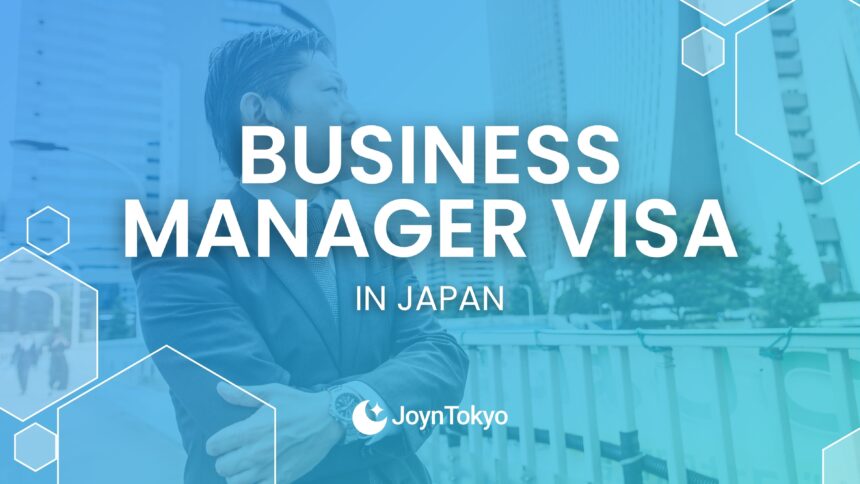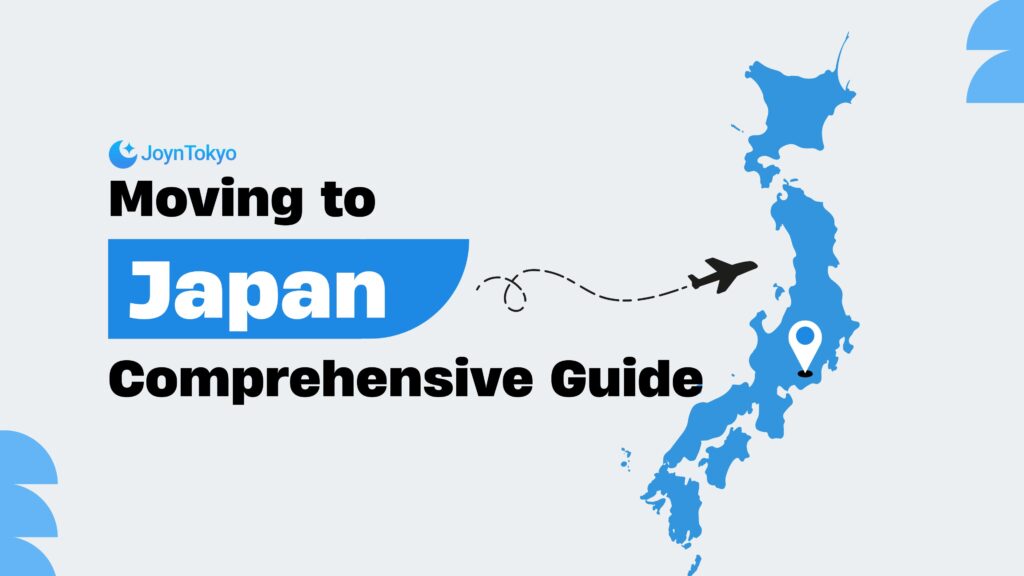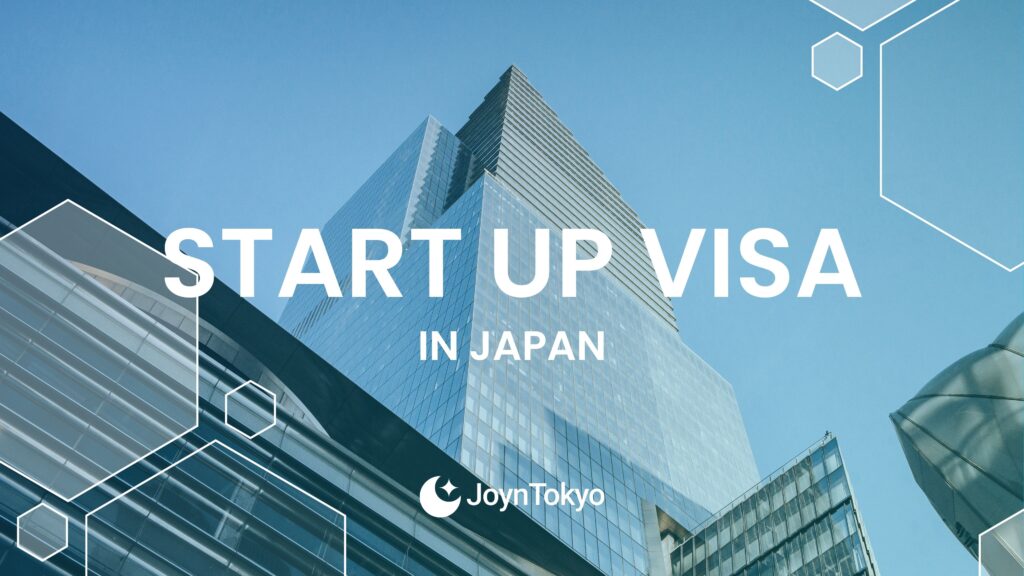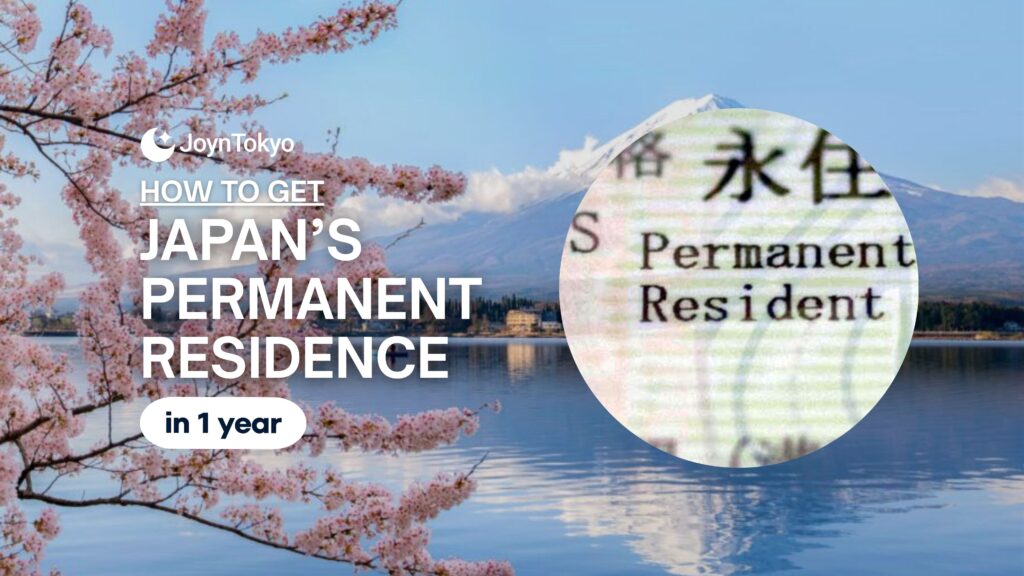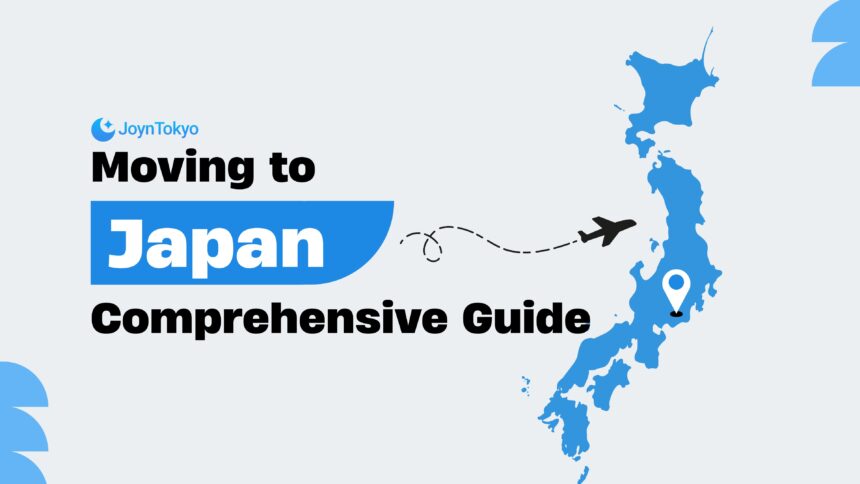For anyone who wants to create a business in Japan, there are a couple of options to consider. One of the first ports of call for aspiring entrepreneurs is to look at the Startup Visa, which simplifies the process for foreigners to create a business in Japan. This is very useful, but Japan limits its Startup Visa lengths to two years, after which you are expected to “graduate” to the Business Manager Visa.
For others, if you already have an established company abroad, then applying directly for the Business Manager Visa makes the most sense. But what is involved in acquiring this visa? And what are some hints that can make things easier for you? Let us take you through what the Business Manager Visa is, how to acquire it, and give you some helpful hints from David Gay-Perret, who offers insights and services to those seeking to apply for a Business Manager Visa.
If you’re still figuring out the bigger move, here’s full Japan relocation guide to help you plan the basics first.
Read More
What is the Business Manager Visa?
The Business Manager Visa, in short, a visa for anyone from abroad who manages a business in Japan, or is otherwise involved in the administration of a business in Japan, according to the Daiichi Sogo Firm. It replaced the previous Investment Visa, and no longer requires a specific amount of direct investment into Japan. However, there are a number of requirements, which we will discuss below, that make it a little more complex to acquire than a Startup Visa.
Startup Visas differ in that they are typically given a little more leeway when applied for (assuming that you have fulfilled all the necessary requirements) and tend to have more English language guidance. Nevertheless, you will be expected to transition from a Startup Visa to a Business Manager Visa in two years at the most. So even if you’re thinking of applying for a Startup Visa, you should be aware of what you’re in for.
Read More
Speak To Our Consultants To See How You Can Successful Relocate to Japan
Arrive in Japan ready to live long-term. No scrambling. No confusion. Step into Japan with your life already lined up.
Book Your FREE Consultation →✓ English-speaking support ✓ 500+ Bookings
Who Should Apply?
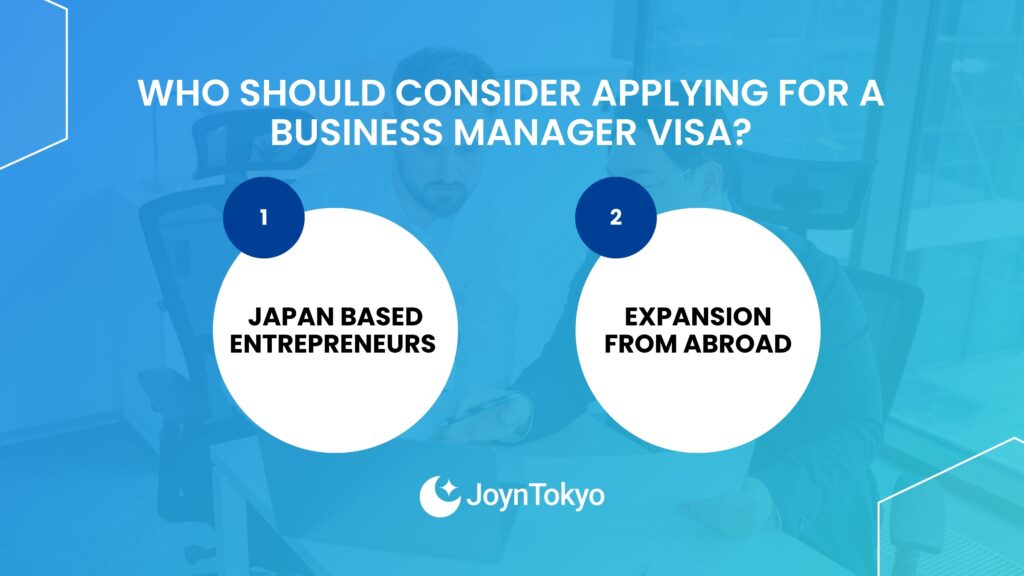
Japan-based Entrepreneurs
There are, essentially, three types of people who should apply for a Business Manager Visa. The first is foreign entrepreneurs who want to start a business in Japan. While a Startup Visa might be easier to acquire at first, if you have confidence in your business plan and your ability to make money in Japan, especially if you are already an experienced businessman, you might want to skip the “training wheels” step and get straight to establishing a long-term business.
Expansion From Abroad
It is also perfect for those looking to expand their business into Japan, or, similarly, those who are managers of pre-existing subsidiaries of foreign companies operating in Japan. Japan can be strict on Startup Visas if there is already an existing branch abroad. This might seem strange, but as Gay-Perret notes, it can come down to the way Japanese authorities operate.
“Sometimes, it’s not just the paperwork, but it comes down to the mindset,” he says. “I would sometimes feel like the only sane person in the room!”
However, while the Business Manager Visa is more complicated to acquire, and requires more resources than the Startup Visa, it does come with a number of benefits that the Startup Visa cannot compete with.
Key Benefits of the Visa
Firstly, there is the ability to reside in Japan for a longer time. The Startup Visa might be easier to attain, but it caps at a maximum of two years’ residency. While your Business Manager Visa will need to be renewed, you have the ability to apply for a one, three, or five year extension, as is the case with working visas. That means that, if you are lucky enough to be granted three or five years’ residency, you will have gone beyond the limit of a Startup Visa in one fell swoop.
Family Benefits
You are also able to sponsor your family members yourself, so that they can move to Japan with you on dependent visas. This is a huge benefit, not extended to many other visas. This allows you to keep your family together while you follow your dream of starting or managing a business in Japan.
Permanent Residency
Finally, the fact that you can remain in Japan for longer than the Startup Visa’s two-year limit means that, after roughly ten years (although in some circumstances this time requirement can be reduced) you will be eligible to apply for permanent residency. Once you have this, you will no longer need to renew your visa, and will have no other restrictions on your work activities: it is the closest thing to citizenship without naturalizing.
Read More
Business Manager Visa Requirements
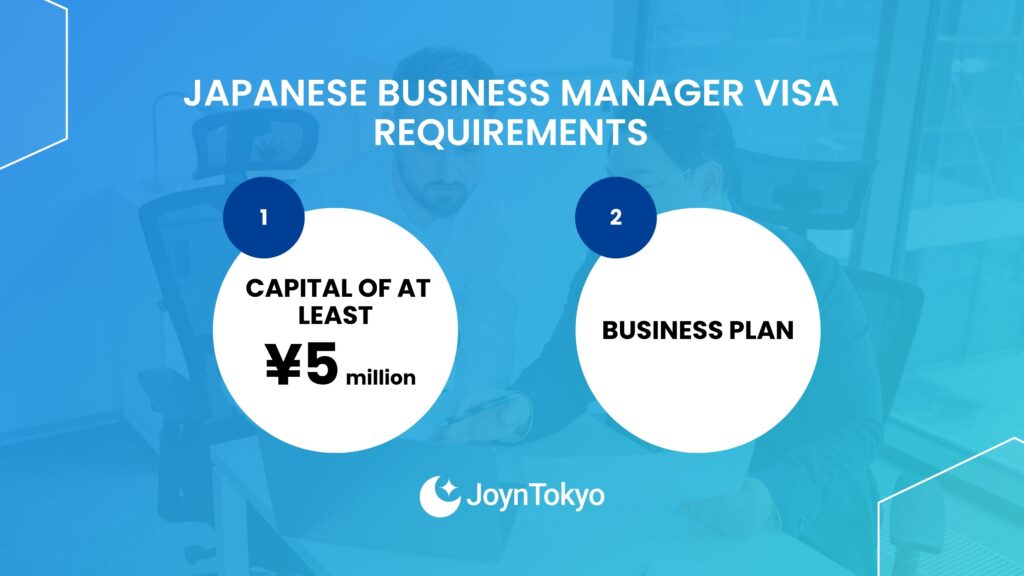
Capital Requirements
All these perks come with some serious requirements, however. The first — and the most unusual to many potential applicants, given the rise of work from home — is that you must rent a physical office in Japan. A shared office, or a digital office, are not sufficient. You must also demonstrate that you have capital of at least ¥5 million (roughly $35,000 as of July 2025) and/or have hired two fulltime employees in Japan.
Beyond this, you’ll also need to demonstrate that, even beyond your capital, you and your business are financially stable, as well as providing a business plan demonstrating that your business is viable.
Business Plan
Finally, you’ll need to fill out a number of documents to register and incorporate your business. This is often most onerous the first time you apply for your visa: Gay-Perret notes that in subsequent years, when he was renewing, all that needed to be done was change dates and some figures, and that, in comparison to the lengthy initial process, renewal is a lot faster and smoother. So, let’s take a look at what that process looks like.
Application Process
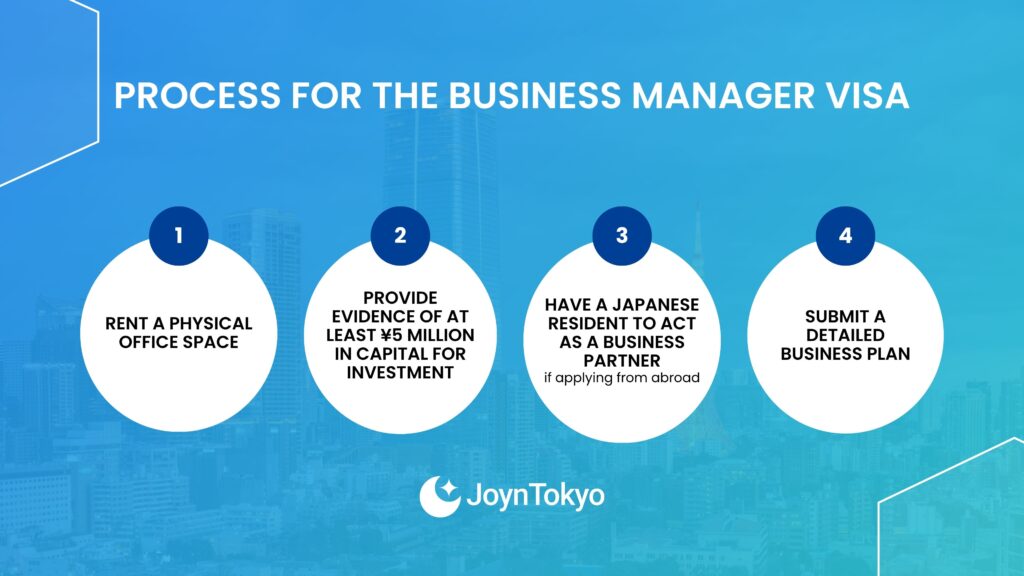
We’ve covered some of this above, but here is a simplified list of everything you’ll need to do when applying for your visa, according to information helpfully provided by Gay-Perret and the Continental Immigration Law Office.
- Rent a physical office space
- Provide evidence of at least ¥5 million in capital for investment, or hire two full time employees in Japan
- If applying from abroad, have a Japanese resident to act as a business partner
- Submit a detailed business plan. This must be written in Japanese.
This last point is one that is often the most tricky, as you will need to either be or have access to someone who is not only a fluent Japanese speaker, but is also experienced and skilled at creating and translating business plans. This is especially important because, while you can receive advice from city authorities about revising your plan, the Ministry of Justice, which oversees immigration, does not conduct interviews: everything rests on your business plan.
The time it takes to complete this process can vary from person to person and place to place: popular locations like Tokyo often take longer, as there are more applicants to process. But in general, plan at least a month to prepare and revise your documentation, and then at least three months for immigration to process your submission.
Tips for a Successful Application
While it is possible to accomplish all of this by yourself, it is far more common that applicants seek assistance from lawyers, tax professionals, and other people who can give you support. For founders who want structured guidance on incorporation, Business Manager Visa preparation, and administrative setup, services such as SmartStart Japan provide practical, step-by-step support tailored specifically to foreign entrepreneurs in Japan.
Gay-Perret managed to handle the process almost entirely by himself, so he knows how difficult it can be to do things all alone. That’s why he offers services to let you navigate the entire process, and give help and guidance on things that are often extremely useful in terms of making an application (for example, how the particular stamps that the Ministry of Justice needs to confirm a business can be found more cheaply online) but are rarely disclosed to applicants.
Common Mistakes to Avoid
There are a number of things to remember when making your application. The first and most important is making sure that your documents, and especially your business plan, are in order. Japan and its immigration system go through applications with a fine tooth comb, so dotting your “i”s and crossing your “t”s is vital.
You should also be aware that the capital requirements are critical. While ¥5 million is the minimum, it’s always better to have more.
Additional Resources
Your first port of call should be the Ministry of Foreign Affairs website, which has basic and reliable information. You should also consider using the services of immigration specialist firms, such as the Daiichi Sogo Group, or the Continental Immigration Law Office.
You can also contact Gay-Perret, who has first-hand experience handling the Business Manager Visa process, and wants to use his experience to help others.
In Japan, a Business Manager Visa can help you find a new market, and even a new community. But there is already a community here, waiting for you to arrive, and eager for you to succeed.

